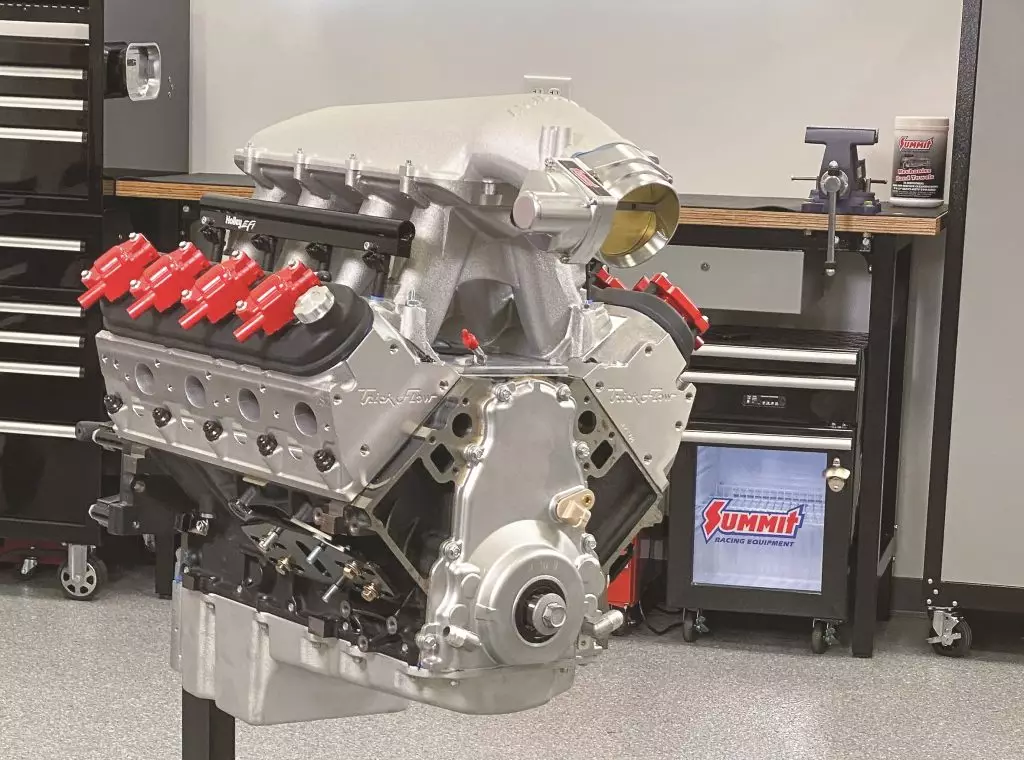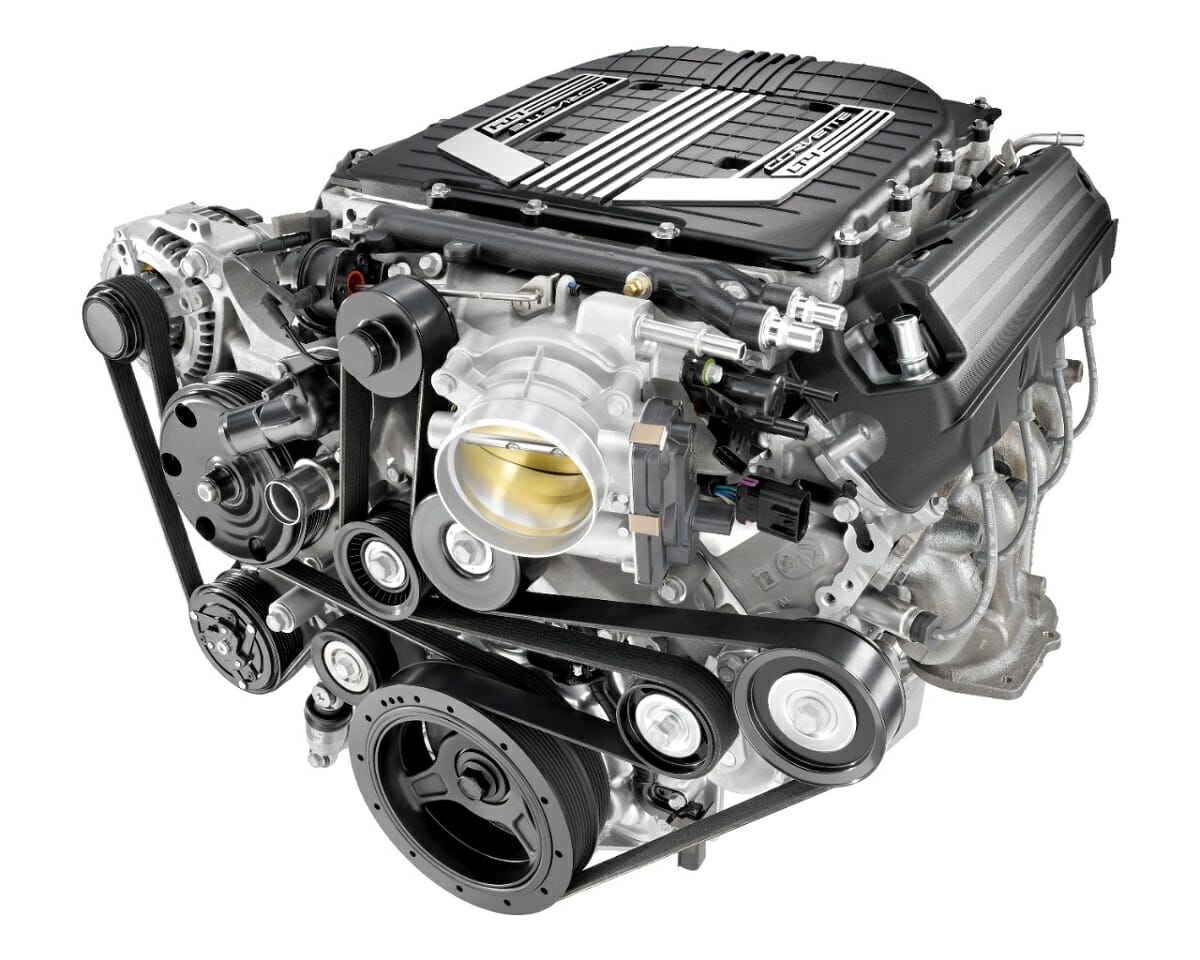The 6.2L V8 engine has been used in several GMC trucks and SUVs over the years, including the Sierra, Yukon, and Yukon XL models. While a powerful and capable engine, it has been known to experience some common issues that owners should be aware of. In this blog post, we’ll dive deep into the problems associated with the 6.2L V8 and provide solutions to help you keep your GMC vehicle running smoothly.
Engine Specifications:
- 6.2L V8 (376 cu in)
- Overhead valve design
- Aluminum block and heads
- Variable valve timing (VVT)
- Active fuel management (cylinder deactivation)
- Direct fuel injection (DI) on newer models
- Power output ranges from 420 hp and 460 lb-ft torque to 450 hp and 460 lb-ft torque depending on the year and model
Here are the GMC vehicle models that have used the 6.2L V8 engine:
Trucks:
- GMC Sierra 1500 (2014-present)
- GMC Sierra 2500HD/3500HD (2011-present)
SUVs:
- GMC Yukon (2015-present)
- GMC Yukon XL (2015-present)
- GMC Yukon Denali (2015-present)
- GMC Yukon XL Denali (2015-present)
The 6.2L V8 has been available in various trim levels and cab configurations of the Sierra pickups, including regular cab, double cab, and crew cab. It’s been the optional engine upgrade over the smaller 5.3L V8 in lighter-duty Sierras and the standard engine in heavy-duty 2500 and 3500 models.
For the full-size SUV lineup, the 6.2L became available starting in the 2015 model year as the premium engine option over the 5.3L V8 in the Yukon, Yukon XL, Denali, and Denali XL trims.
Some key details about the 6.2L’s use in specific GMC models:
GMC Sierra 1500:
- Available on SLE, Elevation, SLT, AT4, AT4X and Denali trims
- Makes 420 hp and 460 lb-ft torque
GMC Sierra 2500HD/3500HD:
- Standard engine
- Produces 445 hp and 910 lb-ft torque
GMC Yukon/Yukon XL:
- Optional upgrade over 5.3L
- Makes 420 hp and 460 lb-ft
GMC Denali/Denali XL:
- Standard engine
- Upgraded to 450 hp (2022+)
So in summary, the stout 6.2L V8 has been a key premium powertrain offering across GMC’s truck and full-size SUV lineup for the better part of the last decade, providing strong towing, hauling, and performance capabilities.
Common Issues:

- Active Fuel Management (AFM) Lifter Failure The active fuel management system, also known as cylinder deactivation, is designed to improve fuel efficiency by deactivating some cylinders under light load conditions. However, a common issue with the 6.2L is the failure of the AFM lifters, which can cause rough idling, misfiring, and illumination of the check engine light.
Solution: The recommended fix is to replace the failed AFM lifters and deactivate the AFM system by reprogramming the ECU. This will eliminate the potential for future lifter failure but may result in slightly reduced fuel efficiency.
- High-Pressure Fuel Pump Failure The direct injection system relies on a high-pressure fuel pump to deliver fuel to the injectors. Over time, this pump can fail, leading to rough idle, misfiring, and potential engine stalling.
Solution: Replace the high-pressure fuel pump. It’s also recommended to replace the fuel pump camshaft and associated parts while the engine is apart to prevent future failures.
- Valve Cover Gasket Leaks The valve cover gaskets on the 6.2L V8 are known to leak over time, allowing oil to seep out and potentially causing engine damage if left unchecked.
Solution: Replace the valve cover gaskets. It’s a relatively inexpensive and straightforward repair, but it’s essential to address leaks promptly to avoid further issues.
- Active Transfer Case Issues (4WD Models) On 4WD models, the active transfer case can experience problems with the clutch pack, leading to shuddering or binding when shifting between 2WD and 4WD modes.
Solution: The transfer case may need to be rebuilt or replaced, depending on the extent of the issue. Regular fluid changes can help extend the life of the transfer case.
- Exhaust Manifold Leaks The exhaust manifolds on the 6.2L V8 are prone to developing cracks or leaks, which can cause excessive noise and potential performance issues.
Solution: Replace the leaking exhaust manifold(s). It’s generally recommended to replace both sides for optimal performance and to prevent future leaks.
- Water Pump Failure Like any engine, the water pump on the 6.2L V8 can fail over time, leading to overheating and potentially catastrophic engine damage if not addressed promptly.
Solution: Replace the water pump and associated components, such as the thermostat and coolant hoses, as preventative maintenance or at the first sign of failure.
- Spark Plug Issues The 6.2L V8 can experience issues with fouled or damaged spark plugs, leading to misfiring and potential engine damage if left unchecked.
Solution: Replace the spark plugs at the recommended intervals (typically every 60,000 to 100,000 miles) or sooner if experiencing misfiring or rough idling.
- Timing Chain and Guide Issues In some model years, the timing chain and guides can wear prematurely, leading to potential engine damage if the chain jumps or breaks.
Solution: Inspect and potentially replace the timing chain, guides, and associated components as preventative maintenance or at the first sign of an issue.
While the 6.2L V8 engine can experience these common issues, proper maintenance and addressing problems promptly can help ensure reliable and long-lasting performance. Regular oil changes, fluid flushes, and inspections are crucial for any engine, and the 6.2L is no exception.
Conclusion
If you’re experiencing any issues with your GMC’s 6.2L V8 engine, it’s essential to have it diagnosed and repaired by a qualified mechanic or dealership to prevent further damage and ensure your vehicle’s longevity and reliability.
Also Read:
- Battle of the Off-Road Titans: Chevrolet Silverado ZR2 vs. GMC Sierra AT4X
- GMC Canyon vs Toyota Tacoma: Which Midsize Truck Reigns Supreme?
- Chevy Reaper vs Ford Raptor: The Ultimate Off-Road Truck Showdown
- The High Cost of Used Trucks: Unraveling the Factors Driving Prices Up



[…] Common Issues with the GMC 6.2L V8 Engine and How to Fix Them […]